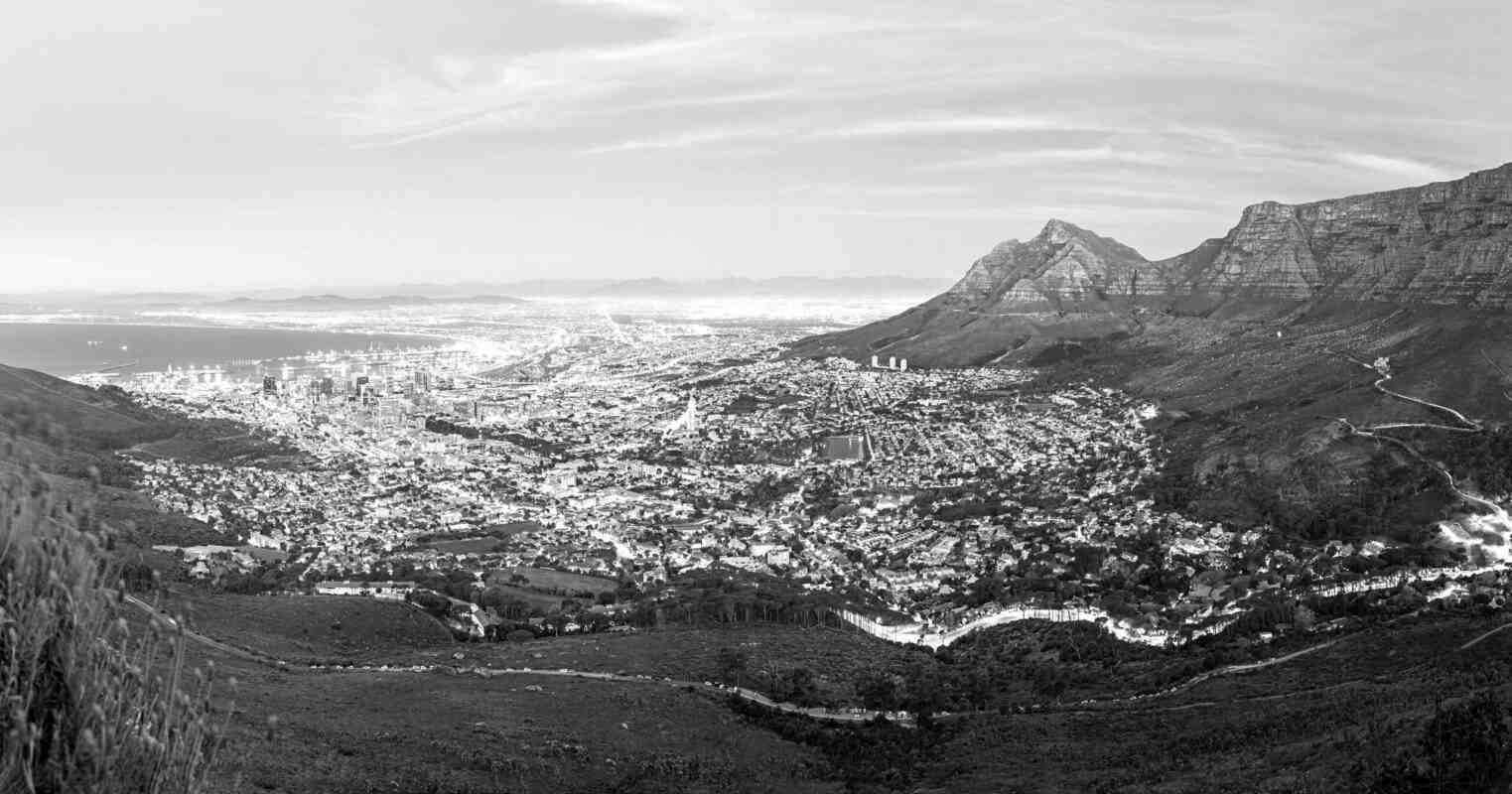Private Client
Sovereign assists families and entrepreneurs around the world to structure their assets to support personal, family, commercial and charitable interests. Having assets located across one or more jurisdictions brings added complexity in terms of management, record keeping, valuations and reporting.
We have the technical expertise to ensure that your assets, wherever they are located, are properly managed, preserved and administered in line with your overall wishes and objectives, whether that be asset protection, estate or succession planning.
Use of Trusts
Assets placed into trust, however, are not considered part of the settlor’s estate. Under the Income Tax Act, a trust is considered to be resident in South Africa if it was formed in South Africa and has its place of effective management (POEM) in South Africa.
Offshore trusts may also be treated as resident in South Africa if they are found to be effectively managed in South Africa.
Sovereign has more than 30 years’ experience of establishing and managing various types of trust in a global context. Although many of the tax benefits that were associated with trusts have been eroded by anti-avoidance legislation in recent years, they still offer great advantages, particularly for individuals who:
- Are changing, or planning to change, their domicile, residence or citizenship;
- Have families that are resident abroad;
- Are seeking asset protection;
- Are seeking to dispose of their estate on death freely and without recourse to a lengthy and expensive probate procedure.
Offshore Transfers
South African taxpayers are permitted to invest up to R10 million in their name outside the Common Monetary Area – eSwatini, Lesotho, Namibia and South Africa – per calendar year. A South African Revenue Service (SARS) tax compliance status verification result must be obtained and provided to an Authorised Dealer before the funds can be transferred offshore.
South African tax residents with authorised foreign assets can invest in South Africa, provided that where South African assets are acquired through an offshore structure (loop structure), the investment is reported to an Authorised Dealer when the transaction is finalised.
To invest more than R10 million per calendar year, your Authorised Dealer must submit an application to the Financial Surveillance Department (FSD) of the SARB for approval. An application must be accompanied by a SARS tax compliance status verification.
In addition, up to R1 million per calendar year, within the single discretionary allowance per person, can be transferred abroad without the requirement to obtain a SARS tax compliance status verification result.
No specific tax is levied on South Africans that own real estate or other assets located outside South Africa. However, subject to certain exclusions and tax treaties, South African tax residents are taxed on their worldwide income, irrespective of source and are liable for capital gains tax on the disposal of their assets, irrespective of where they are situated.
Residence in South Africa
South Africa has a broad appeal to expatriates. It is a breathtakingly beautiful country with a culturally diverse people and offers a wide variety of activities and attractions. As well as a good standard of living and a wide choice of accommodation, expats also have access to excellent healthcare and education.
Although the country has 11 official languages, most locals speak English fluently. Most expats live in or around Cape Town, Durban, Johannesburg and Pretoria – the country’s main political and commercial centres.
With the Indian Ocean to the east and the Atlantic on the west, there’s dramatic variation in weather patterns. Cape Town has a Mediterranean climate with dry summers and wet winters. Durban is subtropical. Johannesburg has warm rainy summers and dry, frosty winters.
A wide choice of accommodation, to purchase or rent, is available in South Africa. Security estates and gated communities are popular choices for expats. Given the weakness of the South African rand, many expats choose to buy a property rather than rent.
South Africa has a residence-based tax system, meaning South African tax residents are taxed on their worldwide income, irrespective of where their income is earned. Non-residents are taxed only on their South African-source income.
Under the Income Tax Act, natural persons (individuals) are regarded South African tax residents if they are either:
- Ordinarily resident in South Africa (‘ordinary residence’ test);
- Physically present in South Africa for more than 91 days in total during each of the current and previous tax years and more than 915 days in total during the previous tax five years (‘physical presence’ test).
A person cannot be treated as a South African resident for tax purposes if he or she is considered to be a resident of another country under the ‘tiebreaker’ rules of a double tax treaty applicable to the relevant income item.
Please contact us if you have any questions or queries and your local representative will be in touch with you as soon as possible.

